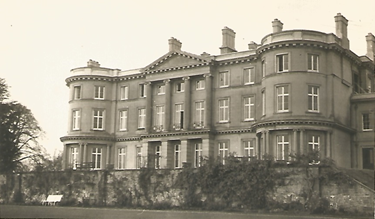Panteg Church
Panteg Church
A beautiful building steeped in history. Tucked away
on the eastern fringe of New Inn it is just 30 minutes walk from where I live
in Griffithstown. A building has stood on this site from Norman times and
possibly earlier although the church was almost completely rebuilt in the
Victorian period. The embattled tower is, however, fifteenth century. Its
registers date from 1598. From memory the earliest volume includes a note c
1645 that it had been hidden lest it fall into the wrong hands – a reference no
doubt to the parliamentary army during the Civil War – it is this reference
that has probably given rise to the claim that the church was pillaged at the
time. Set in its idyllic, rural surroundings, the church’s relationship with
the expanding industrial communities to the west is an interesting one. it is
reflected in the letter written to the Panteg Local Board in 1879 which
complained of the bad state of the road between Griffithstown and the church.
Griffithstown had been developing throughout the 1860s due to the Newport to
Hereford railway and boosted by the opening of Panteg Steel Works in 1873.
Until 1888 there was no Anglican church in the village and no doubt many
trudged across the valley to Panteg church. The letter of complaint about the
road was written, indeed, by Reverend Eliot, the incumbent at Panteg. The Local
Board admitted it was an ‘ancient way’ but doubted it was responsible for its
upkeep. In the event they accepted the generous offer of the chair to repair it
at his own expense.
Tony Hopkins



